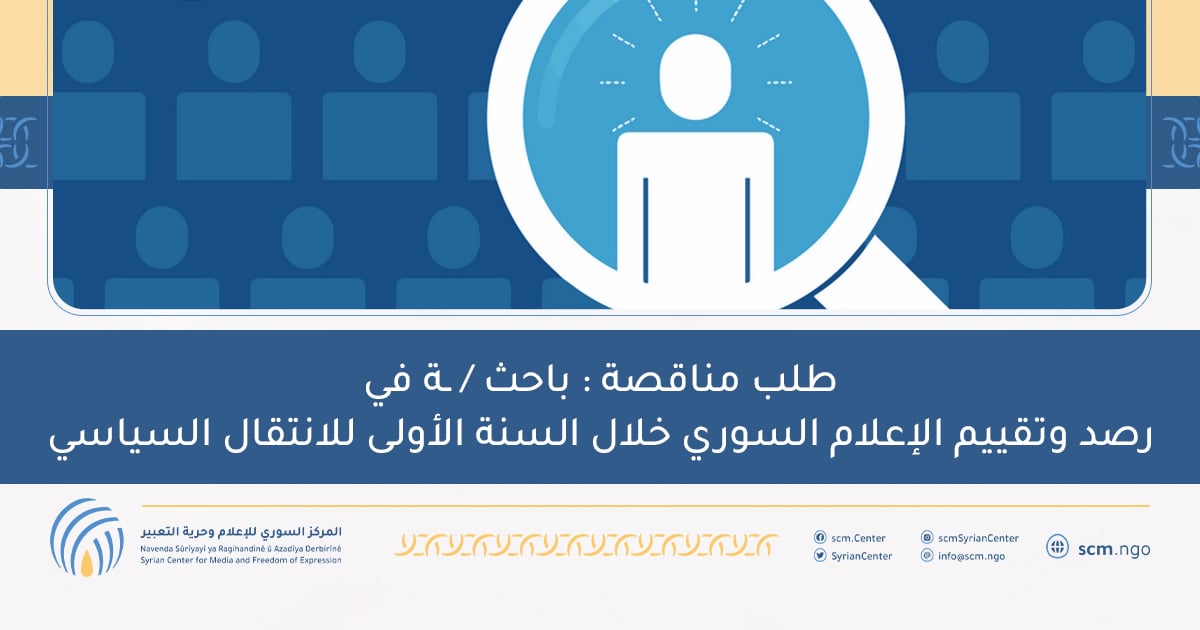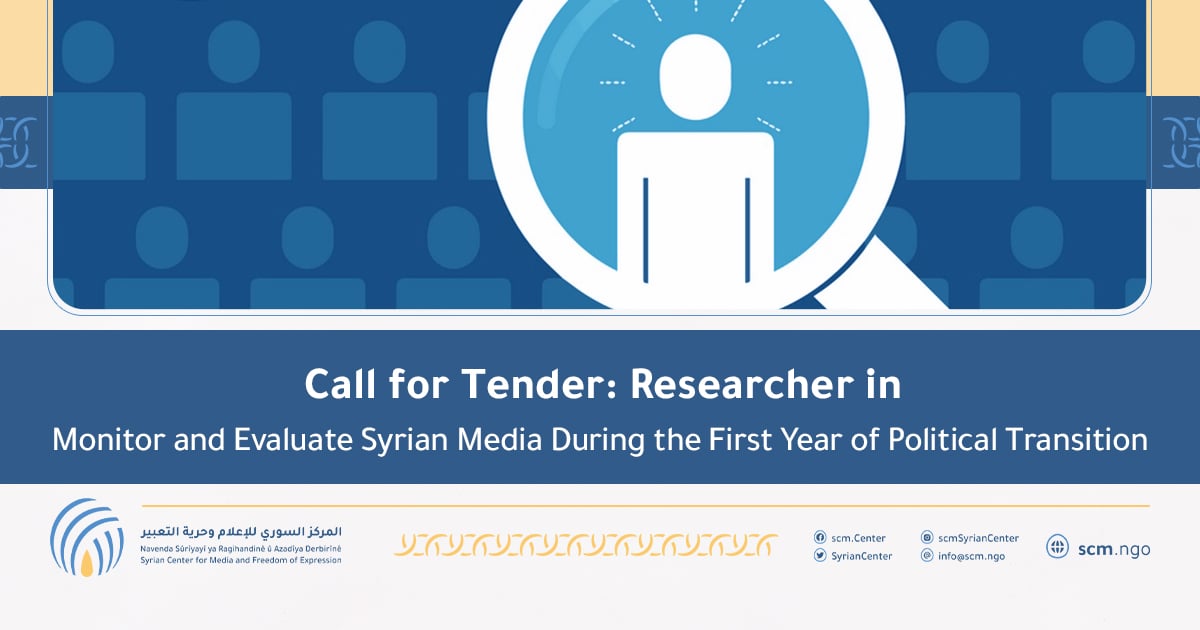
A photojournalists with his mouth tapped holds up his camera as he demonstrates with fellow colleagues in front of the journalist’s syndicate in Cairo against repeated attacks on members of the press in Egypt on April 4, 2014. AFP PHOTO / MAHMOUD KHALED
By Marwa Morgan,
Middle East and North Africa Program Intern
In some cases, government surveillance has forced journalists to leave their home country. Freelance journalist Houssam al-Deen said he knew he must had been “on the radar” for a long time before he had to flee Syria in 2011. Al-Deen told CPJ that during his military service in 2001, he learned that in addition to targeting journalists and activists, the Syrian government owned what was then state-of-the-art software that could scan e-mail messages for keywords. Al-Deen, who had worked for 14 years with international media outlets as a freelancer, said he felt vulnerable when several journalists were arrested while reporting on the civil war.
To try to protect himself, he logged on from different computers in internet cafés and made sure to delete all files and clear passwords after use. Yet these precautions were not enough protect him. Al-Deen said that while he was on a video call with his editors at the BBC in 2011, the police raided the internet café he was working from and arrested him.
“They had detailed logs of all my online activity and they confronted me with them during the interrogation,” he said.
The journalist, who was facing charges of espionage, said he had to pay $30,000 as a bribe to be released after spending two days in custody. He now lives as a refugee in Germany, where he works as an aid worker. “I was lucky that I had money,” he said. “I would have been doomed otherwise.”
CPJ and other rights organizations are aware of several journalists in at least 10 countries in the Middle East who said that they believe security agencies used cyber-attacks try to target or intimidate them.
Additionally, in Egypt since May 2017, at least 434 websites, including more than 90 news outlets and blogs have been blocked, according to local rights group Association for Freedom of Thought and Expression. The state-owned Middle East News Agency reported that government was behind the order to block the sites. The government did not issue an official statement or comment, according to reports.
In 2015, the EU released an action plan to defend human rights around the world. Yet by allowing countries such as Syria, Iran, and Yemen–all countries that, as CPJ research shows, have a poor press freedom record–access to surveillance software, the EU is failing to uphold its pledge.




